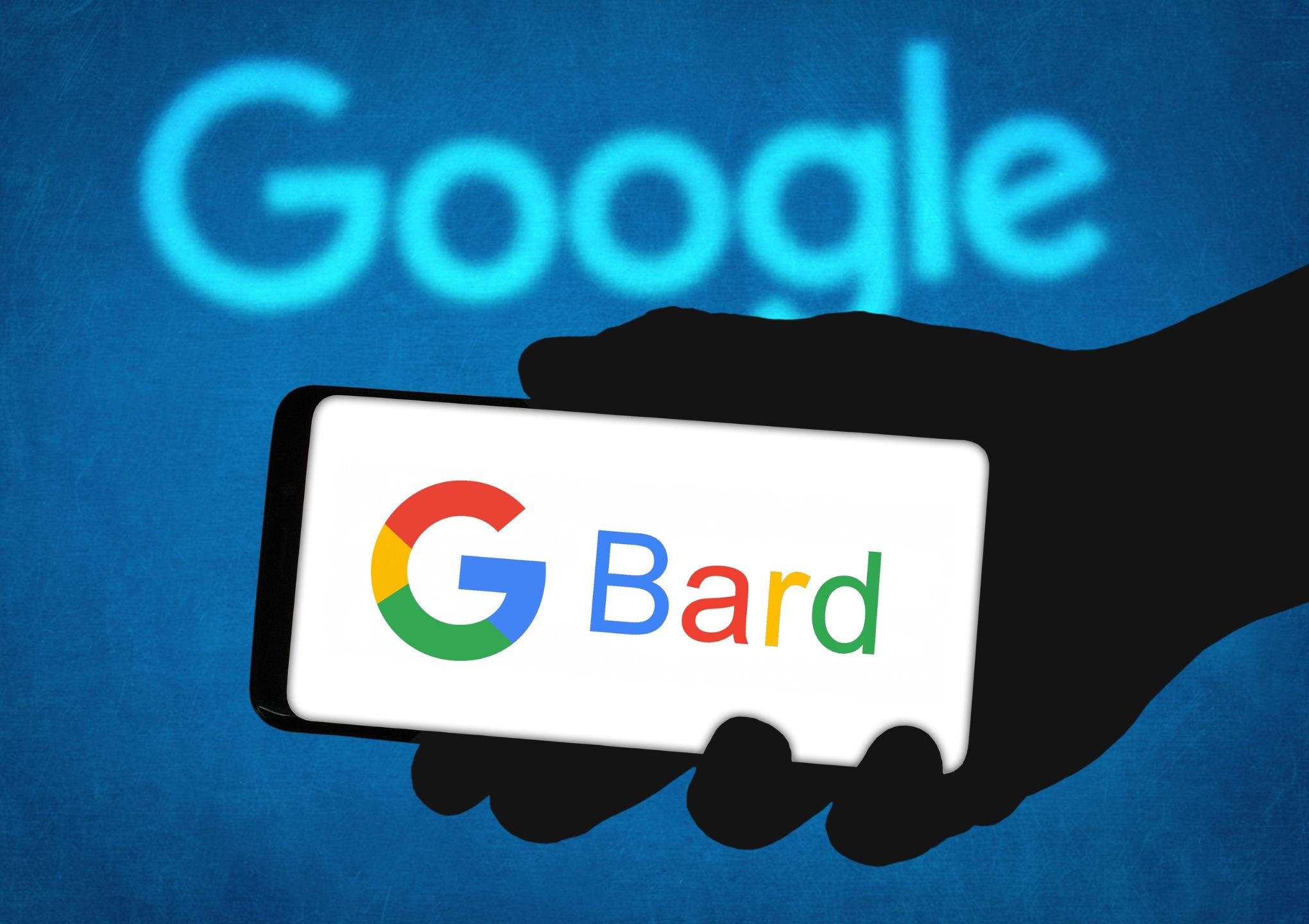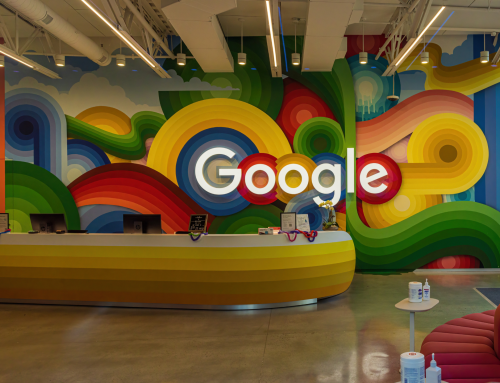Google starts the race to catch up
Google has stepped up the competition in the artificial intelligence (AI) space by unveiling its new language model, the chatbot Bard, to the world last week. Aiming to catch up with ChatGPT, Bard will initially be available in 180 countries. Germany will not be among them – not least because of very restrictive data protection laws.
Google’s plan
Google gathered thousands of developers, guests and also employees to the Shoreline Amphitheatre, just steps away from the company’s headquarters, last Wednesday. Google CEO Sundar Pichai set the theme for the day: “As you’ve already heard, AI has been very active over the past year.”
The main announcement on this chilly morning from the Alphabet subsidiary was the new PaLM 2 AI language model, a system that will be used in “25 Google products and features.” According to Google manager Sissie Hsiao, the system’s mathematical and logical capabilities have been improved over its predecessor. Most notably, certain PaLM variants are said to work even offline on smartphones.
Improvements in multilingual input
Another advance of the new system is its ability to handle multilingual input better than its predecessor. As an example, it was shown how the software translated the German expression “Ich verstehe nur Bahnhof” linguistically correctly but incorrectly in terms of meaning as “I only understand Train Station.” When asked if this was misleading, the software correctly replied that it was a proverb and provided an apt English explanation for the actual meaning of the German phrase. With the introduction of the chatbot Bard, Google shows its determination to catch up in the competition with ChatGPT. Bard is an advanced language model based on PaLM 2 that will be accessible in 180 countries. It is an important step to further improve human-machine communication and provide an even better speech experience to users worldwide.
The challenge for ChatGPT
ChatGPT has achieved great success in recent years and is considered a leading AI speech model. However, with the introduction of Bard, ChatGPT faces serious competition. Google is committed to developing Bard into a powerful and versatile chatbot, available to users in a variety of situations and languages. One impressive feature of Bard is its global availability. With its launch in 180 countries, Google shows its commitment to making AI technologies accessible worldwide. Users from different parts of the world can benefit from Bard’s advanced language capabilities and conduct their queries and communications in a natural and effective way.
Germany remains left out for now
Although Bard will be available in many countries, Germany remains left out for now. There is no official statement from Google yet on the reasons for this, but it is suspected that legal and regulatory issues may play a role. Nevertheless, German users are hoping that Bard will be introduced in their country in the future to benefit from the advanced speech capabilities and improved communication with AI technology.
Conclusion
The launch of chatbot Bard marks an important step in the development of AI technologies. Google is eager to catch up in the competition with ChatGPT and offer advanced and user-friendly voice capabilities to users worldwide. The global availability of Bard promises improved communication between humans and machines, while Germany continues to wait for the launch of Google’s chatbot. It remains to be seen how the competition between ChatGPT and Bard will develop and what innovations the future of AI speech models will bring.







